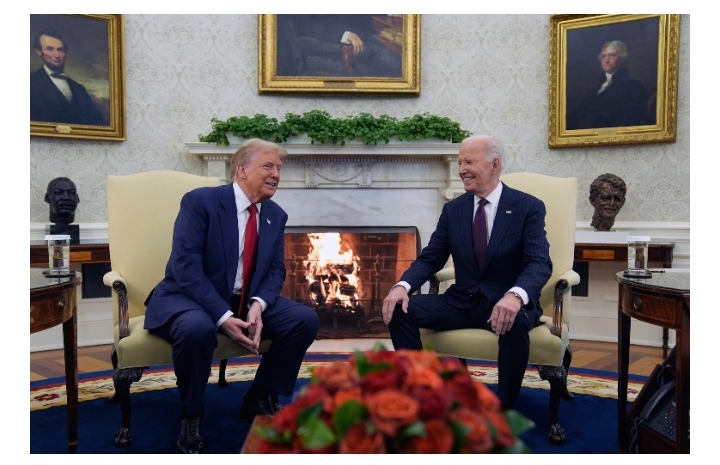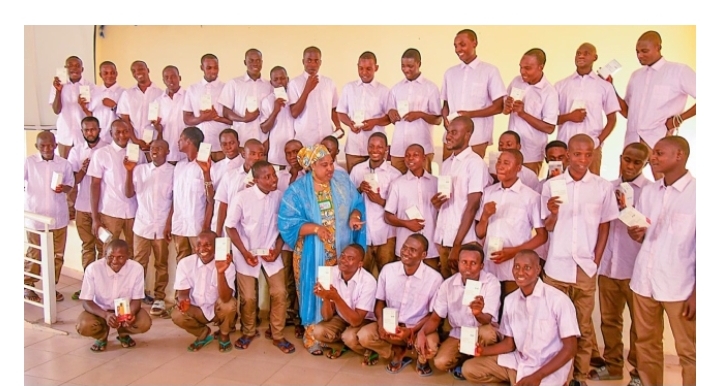Nigeria’s Counter-Terrorism Centre Takes on Amnesty International: A Clash Over Insecurity Reports
In a surprising move, Nigeria’s National Counter Terrorism Centre (NCTC) has summoned Amnesty International over an upcoming report that allegedly paints an exaggerated picture of insecurity in the country. The report, titled “Mounting Death Toll and Looming Humanitarian Crisis Amid Unchecked Attacks by Armed Groups,” has sparked a heated debate about the role of civil society organizations in documenting human rights issues.
The NCTC has expressed concerns that the report’s narrative could misinform the public and potentially embolden criminal actors. According to the NCTC, the report’s figures and claims do not align with verified data on record, presenting an overly alarming narrative that does not reflect the broader realities on the ground.
Amnesty International plays a crucial role in documenting human rights issues, and its reports often shed light on critical concerns. However, the NCTC’s letter suggests that the organization should strive for accuracy, objectivity, and a careful understanding of the prevailing national security context.
The NCTC has urged Amnesty International to suspend publication of the report until both parties can review the contents together. This development raises questions about the relationship between government agencies and civil society organizations in Nigeria. Will this collaboration lead to a more accurate representation of the security situation, or will it compromise the independence of Amnesty International’s reporting?
The clash between the NCTC and Amnesty International highlights the complexities of addressing insecurity in Nigeria. As the country grapples with various security challenges, the role of civil society organizations in holding the government accountable becomes increasingly important. The outcome of this development will likely have significant implications for the country’s human rights landscape.






